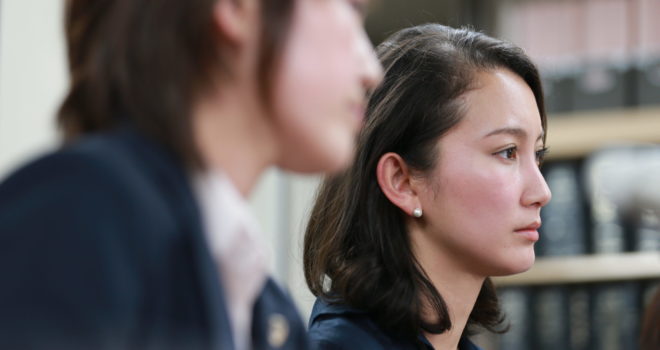I don’t remember how old I was when I first saw Nazareno Cruz and the Wolf. I think I was about nine or ten. The film was released in 1975 in Argentina. The story was based on a radio serial which I didn’t have the opportunity to listen to; it was itself based on a European legend which was brought into our culture through immigration. According to this legend, the seventh child is always a werewolf.
This film did not influence La Ciénaga nor the way I make films. I chose it because, for the first time, it made me aware that cinema could also belong to the Argentinian culture. Nazareno Cruz reminded me of the tales my grandmother used to tell me and books I read on the sly, because its subject matter was similar to my own inner world. A beastly threat lay under human nature, and the Devil suffered in his loneliness.
When I recall Lechiguana praying with the child whose eyes are made up, I don’t know whether I have pictures of the film in my mind or images of something which really happened to me a long time ago. Leonardo Favio’s films have always had such a rare intimate quality.
Lucrecia Martel

